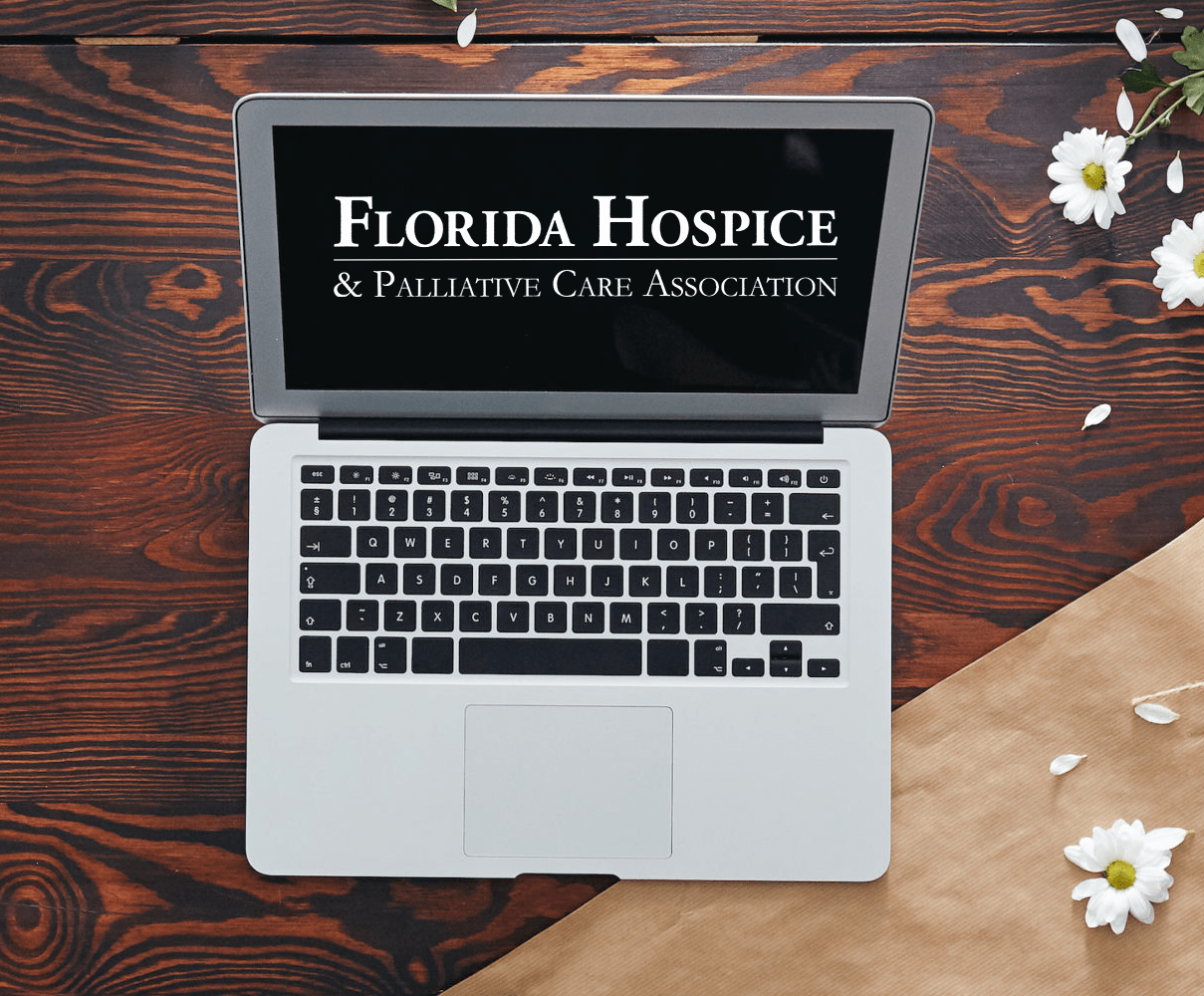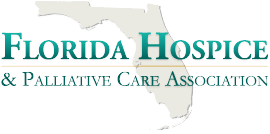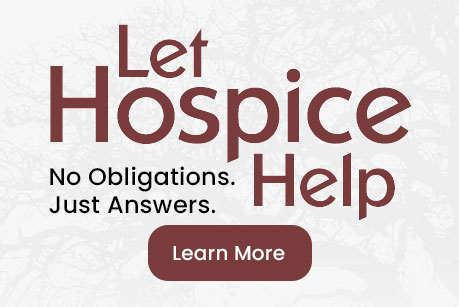News
This year’s Forum was a great success! While we are preparing follow-up emails, evaluations, attendee lists, and CEU information to go out this week, don’t forget to mark your calendar for 2025:
Upcoming Events
Sun
Mon
Tue
Wed
Thu
Fri
Sat
S
M
T
W
T
F
S
31
1
2
3
5
6
7
12
13
14
15
18
19
20
21
22
12:00 PM - Documenting Spiritual End-of-Life Care
24
25
26
27
28
29
2
3

Often families will use the time-of-death experience as a benchmark for how well the hospice team performed overall. So it is critical to devote skills and time to making concrete time-of-death plans. Many believe that patients and families don’t want to talk about this topic. However, the hospice team must focus on the importance of helping terminally ill people and their family members through this meaningful life event. This webinar will closely examine all aspects of developing a plan for the time of death.

The first thing that comes to mind for most people at the mention of workplace violence is an active shooter situation. However, the issue of workplace violence is much broader than this one type of extreme incident. Most cases are verbal or physical attacks that rarely involve a weapon. A National Institute for Occupational Safety and Health study in 2007 indicated that 20% of home health aides reported verbal abuse in the past year and 5% reported threats of violence. It is also believed that many threats or violent acts go unreported.

Unfortunately, the regulatory status of using AI to transcribe and summarize patient information is unclear. While it’s tempting to use AI to summarize patient conversations and enter them in your electronic health records system, you must weigh the benefits of reducing administrative burdens against the risk of violating patient privacy and triggering HIPAA fines and legal action. Hospice and home care companies face other AI risks as well, including discrimination claims resulting from the use of biased AI talent acquisition software.

This webinar will cover the details of the Value-Based Insurance Design Model – Hospice Benefit Component. Medicare Advantage (MA) has long had coverage for home health patients, but there has never been coverage for hospice. VBID is a demonstration that began January 1, 2021. There have been many changes to the Medicare Advantage Organizations (MAO) participating in 2024 as the demonstration has now been extended through 2030. The differences in coverage for an in-network versus an out-of-network provider will be reviewed as will the allowance of MAO plans to force patients to elect in-network only. CMS requires that MAOs provide beneficiaries with broad access to the complete original Medicare hospice benefit.

As we move into 2024 the question still remains: what will the final Value-Based Insurance Design (VBID) model look like? The challenge for hospices is how to prepare. Agencies want to avoid being too far ahead of the curve without knowing the final model’s parameters. However, hope is not a strategy and responsible leaders must plan for the anticipated changes.

Clear, concise, and timely documentation is critical for hospice chaplains and spiritual care providers during end-of-life care. It is imperative to meet regulatory requirements and also ensure a wholistic and interdisciplinary care plan that meets the patient and family's needs. While there are significant variations in documentation practice from one electronic medical record to another, this webinar will provide direction on the essential content that must be included. It will also provide guidance and suggestions on non-religion-specific language to use in narrative documentation entries.

This webinar will explore the overarching ideas and considerations to understand before adding palliative care services to your agency. It will address the steps needed to add palliative care, explore different models for delivery, strategic planning, and identifying whether palliative care makes sense for your program. Walk away with an understanding of your next steps on the palliative care program journey as well as the challenges that may be encountered.

Hospice 101 will review the hospice process with an emphasis on Medicare eligibility requirements. It will define hospice eligibility, the requirements, the necessary admission documentation, and how to appropriately admit and recertify a hospice patient. In addition, the use of LCDs in determining Medicare hospice eligibility and ongoing hospice certification will be reviewed and the technical and clinical Conditions of Participation requirements will be covered in detail. This includes the Notice of Election (NOE) and Patient Addendum of Non-Covered Services. Further, key areas of hospice payment denials and how to avoid them will also be addressed.

It may be tempting to think that if a person has more experience, they must be providing a higher level of care. But the truth is, experience alone does not necessarily make for exceptional social work practice. What does it look like? What’s wrong with just meeting the minimum standard? What more could be done? What if you already feel overworked!? This webinar will define and explore the concept of exceptionalism in social work practice and look at ways to offer higher levels of care without necessarily putting in more time.


